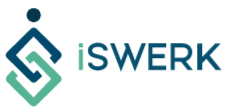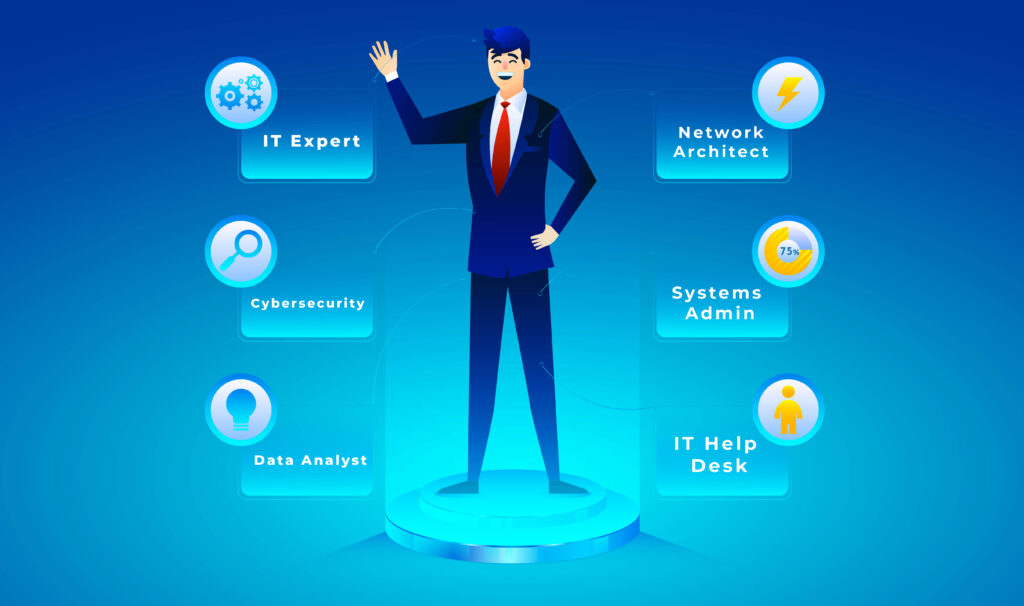
A Growing Demand for IT Skills and IT Professionals
It’s no secret that in today’s digital world, every firm is a tech business. Technology has become a vital part of daily operations in all sectors, from data management to improving consumer experiences. In this article, you will discover what IT roles are needed in your company and how remote work in the Philippines can benefit your business.
Organizations across all industries are seeking top IT experts to assist them in addressing the complicated and ever-evolving digital space. The US Bureau of Labor Statistics forecasts an 11% increase in computer and information technology jobs by 2029, with approximately 531,000 additional IT-related positions projected. There is a demand for qualified IT workers in cybersecurity, cloud computing, automation, AI, machine learning, and blockchain. With an estimated $8.4 trillion (about $26,000 per person in the US) in potential unrealized revenue by 2030, the IT industry is experiencing a historic skills deficit.
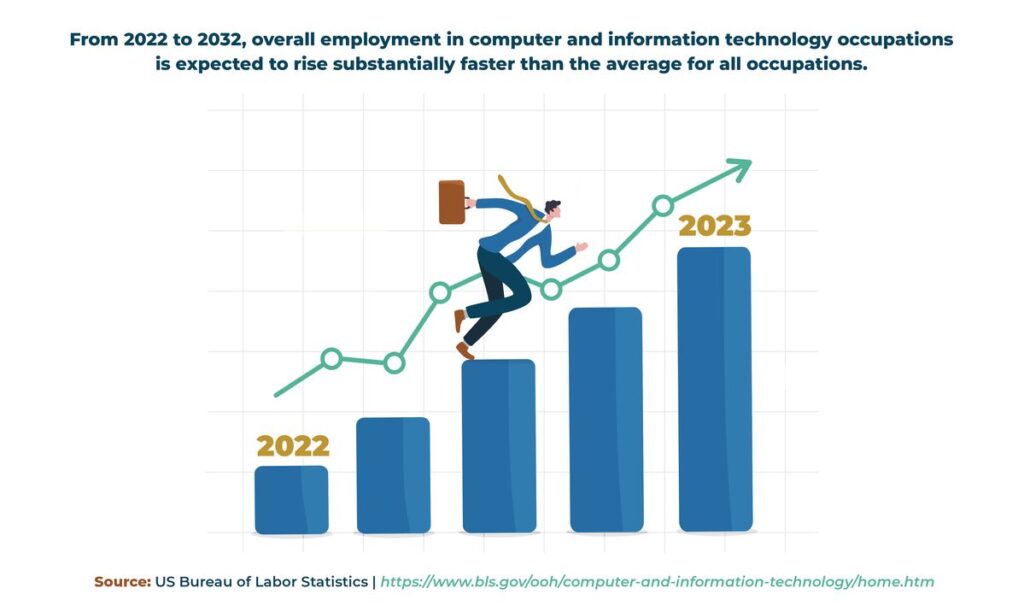
IT Roles Every Business Needs
Your organization’s IT staff is critical in productivity and information access, but filling these roles could be challenging. A well-equipped IT team is critical for staying ahead in a mobile-first consumer landscape. Identifying the right IT jobs is essential for sustaining a competitive advantage.
Whether onsite, hybrid, or remote, IT workers vary in their area of expertise.
Before we go deeper into specific positions, let us explore IT focus areas that are the major priorities guiding an organization’s IT operation and strategy. They reflect the company’s vision, beliefs, and goals and address existing and future IT challenges and opportunities. IT focus areas vary based on the industry, size, and goals of the firm, but some common examples include:
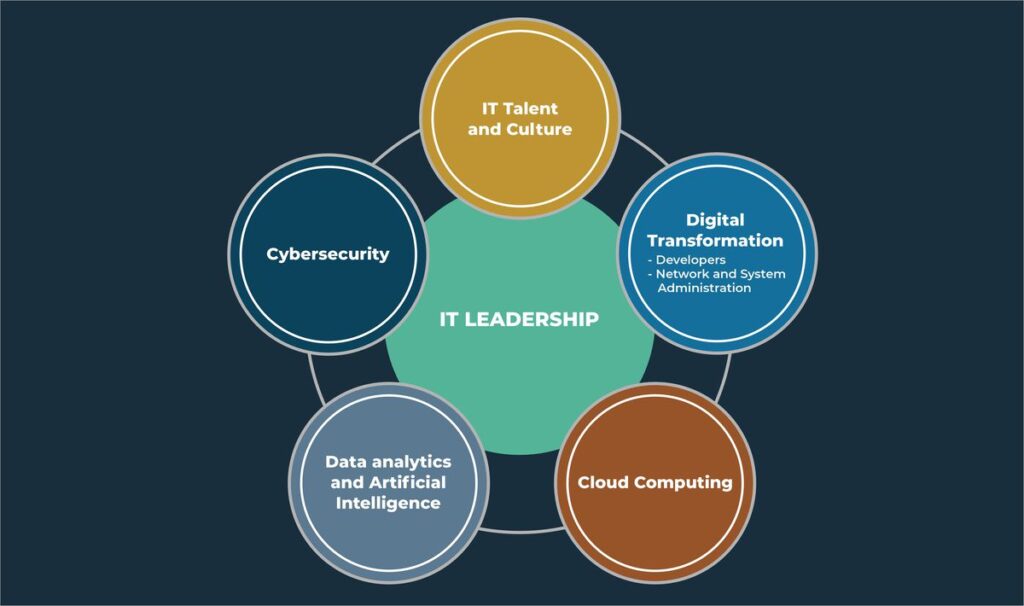
IT Leadership
IT leaders oversee the IT infrastructure and manage functional areas within the department. They are also in charge of recruiting and training IT team members. An IT manager also plans, coordinates, and evaluates IT projects, budgets, and policies. In smaller organizations, they might be referred to as IT managers or a C-level executive, such as the Chief Information Officer (CIO) or the Chief Technology Officer (CTO).
Digital Transformation
This focus area involves using digital technologies to improve the efficiency, effectiveness, and innovation of the organization’s processes, products, and services. It also entails developing a digital culture and mindset that values change, cooperation, and customer focus. IT roles that contribute to various areas of the transformation process, such as project managers, data analysts, cloud engineers, and digital strategists, are required for digital transformation.
Cloud Computing
Adopting and managing cloud-based solutions that deliver scalable, adaptable, and cost-effective IT resources and capabilities is part of this critical area. It also entails optimizing the cloud architecture, security, and governance to match the needs and business standards. Jobs in this field are highly sought, and most remote IT workers are in demand for their specialized skills and flexibility, making them valuable assets in today’s digital-driven workforce.
Data analytics and Artificial Intelligence
This focus area encompasses gathering, analyzing, and exploiting data to develop insights and value for the firm. It also entails using artificial intelligence and machine learning techniques to automate, improve, and change various IT functions and tasks.
Cybersecurity
Cyber threats, incidents, and vulnerabilities must be filled in order to protect the company’s IT assets and data in this area. It also includes developing and implementing security policies, methods, and practices that comply with the organization’s requirements and expectations.
IT Talent and Culture
Businesses might overlook this part, but attracting, developing, and retaining an IT workforce with the skills, expertise, and attitude to support the organization’s IT strategy and operations is crucial. It also entails developing and fostering a learning, innovation, and collaborative culture within the IT department and throughout the company. Here are the top IT roles you need to hire.
IT Position | Description |
| Cloud Engineer | Designs, develops, and manages cloud-based applications and infrastructure using various cloud services and platforms. |
| Data Scientist | Analyzes, interprets, and communicates large and complex data sets using various statistical and machine learning techniques. |
| Cybersecurity Analyst | Protects the IT assets and data of the organization from cyber threats, incidents, and vulnerabilities. |
| Software Developer | Creates, tests, and deploys IT applications, programs, and systems that meet the business requirements and specifications. |
| IT Manager or IT Director | Oversees the IT department and ensures alignment with business objectives and needs. |
Below are other IT roles you might consider for your company.
IT Position | Role in Business |
Applications Engineer | Builds software architecture, optimizes existing systems, and supports clients using their programs. |
Automation Architect | Designs, develops, and maintains automation frameworks and solutions. |
Business Intelligence Developer | Designs, develops, and maintains business intelligence solutions. |
Cloud Engineer | Designs, develops, and manages cloud-based applications and infrastructure using various cloud services and platforms. |
Computer Programmer | Writes, tests, and modifies code used by computers to operate software and complete specific tasks. |
Computer Scientist | Applies theory to develop computer systems, build databases, work with programming languages, and more. |
Cybersecurity Analyst | Protects the IT assets and data of the organization from cyber threats, incidents, and vulnerabilities. |
Cybersecurity Architect | Designs, builds, and maintains security architectures and solutions for an organization. |
Cybersecurity Engineer | Develops, implements, and tests security software and systems. |
Data Quality Manager | Works with every department in a company to efficiently recognize gaps in data quality and maintain the correct and accurate use of data. |
Data Scientist | Collects, analyzes, and interprets large and complex data sets using various statistical and machine learning techniques. |
DevOps Manager | Leads and oversees the DevOps team and related projects. |
Information Security Analyst | Plans, implements, and monitors security measures to protect an organization’s computer systems and networks. |
IoT Architect | Defines the IoT vision and strategy for an organization and implements IoT solutions. |
IoT developer | Creates, tests, and deploys software applications and services for IoT devices and systems. |
IoT Product Manager | Manages the development and launch of IoT products and services. |
IT Developer | Creates, tests, and deploys IT applications, programs, and systems that meet the business requirements and specifications. |
IT Security Analyst | Protects the IT assets and data of the organization from cyber threats, incidents, and vulnerabilities. |
IT Support Specialist | Provides technical assistance and troubleshooting to the users of IT systems and devices. |
Machine learning engineer | Develops, trains, and deploys machine learning models and algorithms. |
Security engineer | Designs, develops, and implements security measures to protect an organization’s information and network infrastructure and computer systems. |
Software developer | Creates, tests, and deploys IT applications, programs, and systems that meet the business requirements and specifications. |
How to Hire the Right Tech Talent
Hiring the right professionals for the IT jobs mentioned can be challenging, but with the right approach, it’s possible to find the perfect fit for your business. Crafting clear and detailed job descriptions, conducting thorough interviews, and assessing candidates’ technical skills are all integral to the hiring process.
In addition to technical skills, it’s important to assess candidates to see if they are culturally fit and have problem-solving abilities.
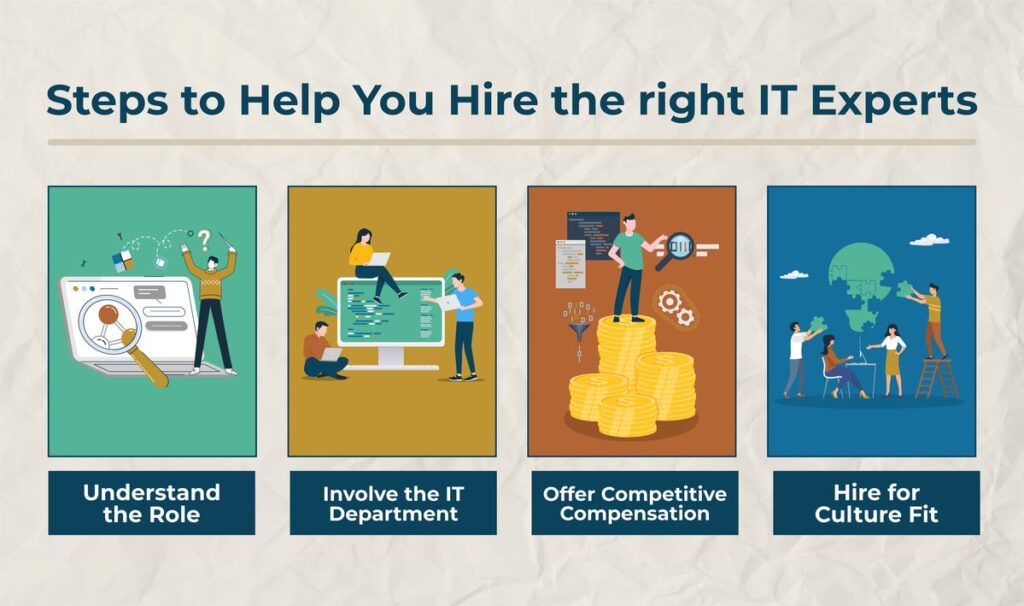
Advantages of Remote IT Workers
The rise of remote work has opened up new opportunities for the IT industry, offering numerous benefits for both employers and employees.
Companies can find the best candidates no matter where they live by offering work-from-home IT jobs. This has led businesses to access a bigger talent pool of remote IT workers.
Flexible scheduling is suitable for both employers and IT workers because it lets them work for top companies without having to relocate.
Working from home has also been shown to boost productivity and job happiness, giving workers a better balance between work and personal life.
Tapping in Remote Work in the Philippines
As the need for remote IT jobs grows, this change points to a bright future for the Philippine IT business.
Find the Right Talent Through iSWerk
Realizing the full advantages of remote work within your business can be a tall order without the right approach.
A strategic partnership with a global remote staffing firm becomes crucial to ensure a seamless transition. iSWerk specializes in empowering companies to harness the maximum potential of remote work in the Philippines.
iSWerk has over a decade of experience assembling a strong team of IT specialists for a variety of businesses, verticals, and niches.
There’s no one-size-fits-all approach when looking for remote IT workers. Explore and identify the IT roles you will need to meet your business goals with iSWerk.
Ready to grow your business through remote staffing?
Get in touch with iSWerk today for a no-obligation consultation and learn how we can help your business stay ahead.
